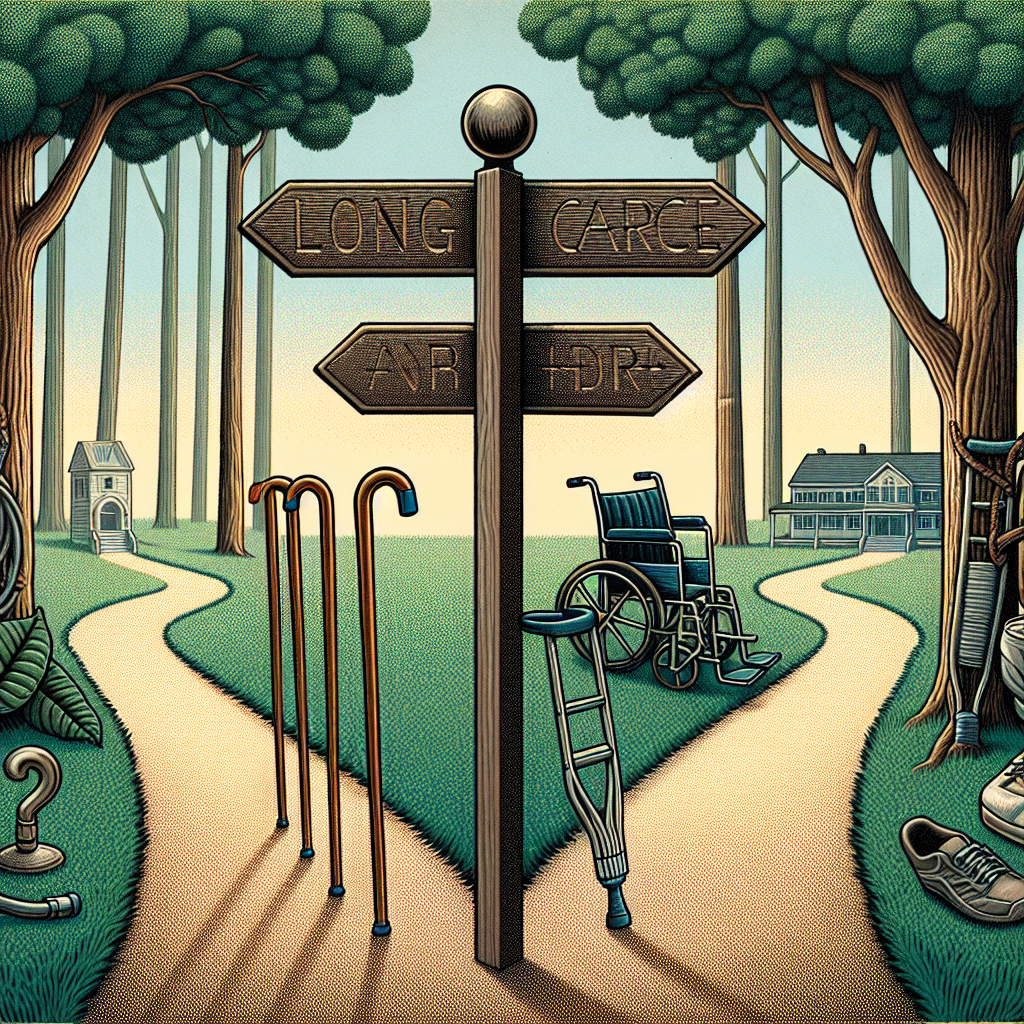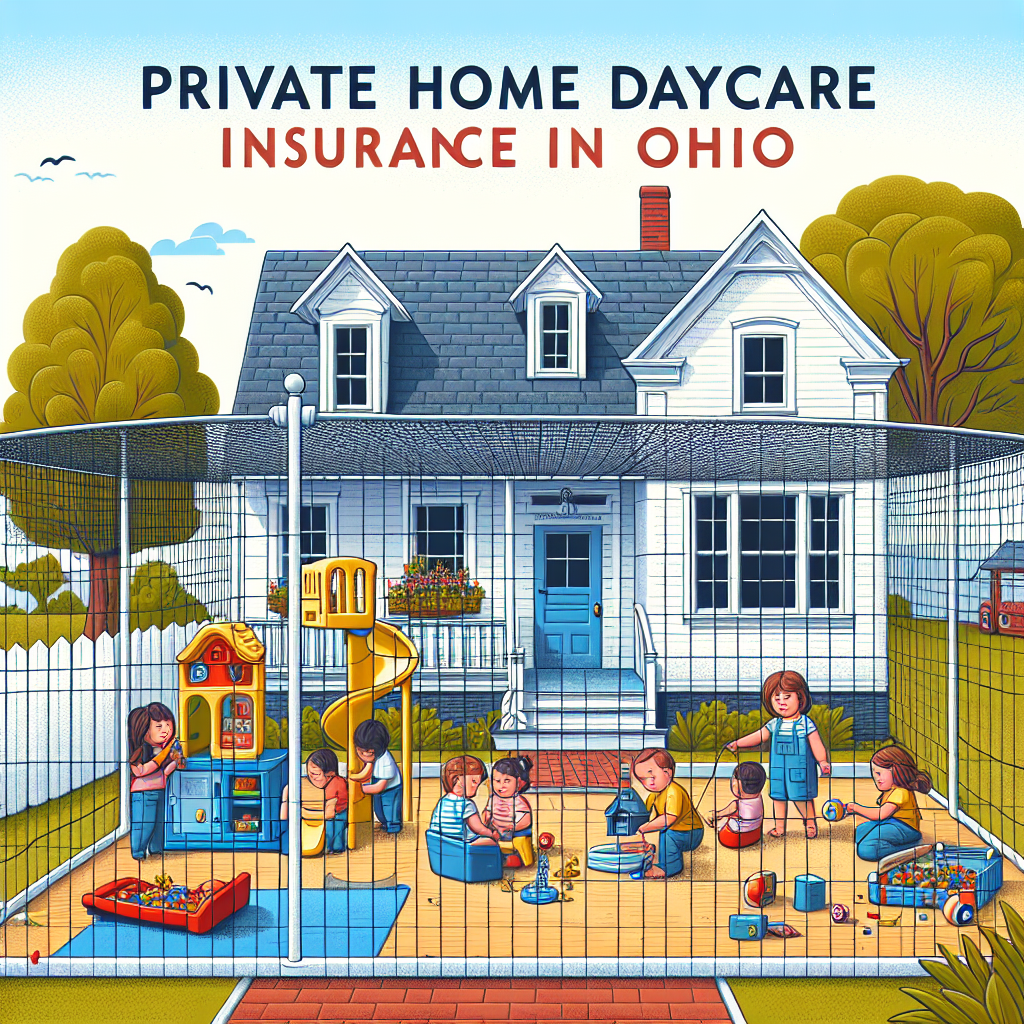Filed under Disability Insurance on
Choosing Between Long-Term Care and Disability Insurance

In today's fast-paced world, choosing the right insurance is a crucial part of financial planning. With an aging population and an increase in chronic health issues, deciding between long-term care insurance and disability insurance can feel overwhelming. Both options have unique benefits and limitations. Understanding their differences, advantages, and applicable scenarios can aid in making an informed choice that aligns with your specific needs and financial goals.
Understanding Long-Term Care Insurance
Long-term care insurance is designed to cover services and support for individuals who are unable to perform basic activities of daily living, such as bathing, dressing, or eating, due to chronic illness, disability, or aging. This type of insurance is essential for those who anticipate needing extended care either at home, in a nursing home, or in an assisted living facility.
Benefits of Long-Term Care Insurance
- Comprehensive Coverage: Long-term care insurance provides a wide array of services, including personal and custodial care in various settings. Policyholders can also access services like adult day care, home modifications, and case management.
- Protects Savings: Without this insurance, individuals may have to deplete their savings to afford care, which can significantly impact their financial stability. Long-term care insurance helps protect assets and provides peace of mind.
- Flexibility: Policies can be customized to meet personal needs and budgets, offering various coverage levels and options.
Exploring Disability Insurance
Disability insurance provides income replacement for individuals unable to work due to a disabling condition. It's an essential financial safety net, designed to cover a portion of your salary to help maintain your standard of living during periods of disability.
Benefits of Disability Insurance
- Income Protection: Disability insurance replaces a significant portion of your income, ensuring you can meet living expenses and maintain financial security even when you cannot work.
- Employer-Provided Options: Many employers offer group disability plans, which can be more affordable than purchasing an individual policy.
- Long-term Financial Security: Some policies offer benefits until retirement age, providing long-term stability during extended periods of illness or injury.
Key Differences Between Long-Term Care and Disability Insurance
While both types of insurance offer important benefits, they serve different purposes and populations. Understanding their key differences can help in making the right choice.
Purpose and Coverage
- Long-Term Care Insurance: Focuses on providing support for long-term health-related care needs. It typically covers services not covered by conventional health insurance, including custodial care and personal assistance.
- Disability Insurance: Aims to replace income lost due to a disability that prevents you from working. It doesn't cover long-term health care services directly.
Eligibility and Claims
- Long-Term Care Insurance: Eligibility is often based on age, health status, and the ability to perform daily living activities. Claims are filed when the policyholder requires assistance with these activities.
- Disability Insurance: Eligibility may be based on work history and income. Claims are typically filed when a medical condition documented by a physician prevents the individual from performing their job.
Considering the Costs
The cost of insurance is a significant factor in decision-making. Both long-term care and disability insurance have different pricing structures influenced by various factors.
Long-Term Care Insurance Costs
Long-term care insurance premiums vary based on age, health, gender, and chosen coverage options. Premiums can be substantial, especially if purchased later in life. However, buying a policy at a younger age often results in lower rates.
Disability Insurance Costs
Disability insurance costs depend on the policyholder's occupation, age, health, and benefit preferences. Those in high-risk professions may face higher premiums. It's advised to compare policies and consider purchasing supplemental coverage if provided options are insufficient.
Industry Trends and Expert Opinions
Recent trends indicate a growing awareness and need for both types of insurance. With an aging population, long-term care insurance demand is rising. Simultaneously, disability insurance remains critical for younger individuals and professionals, underscoring the importance of income protection.
Experts suggest that individuals assess their health risks, financial situations, and future care needs. Consulting a financial advisor can also provide valuable insights and personalized advice, ensuring coverage aligns with individual goals.
Making Your Decision
Choosing between long-term care and disability insurance requires considering personal circumstances, health, and financial outlook.
Ask Yourself the Following Questions
- What are my current health and future health risks?
- Do I have dependents who rely on my income?
- What is my financial situation, and how would it be affected by not working or additional care costs?
- What are my expected care needs as I age?
Conclusion
When deciding between long-term care and disability insurance, it's essential to consider how each aligns with your financial and health-related needs. Both insurance types play vital roles but are tailored for different situations. Thorough analysis and an understanding of personal and family financial landscapes can guide you to the right choice. Ultimately, proper coverage ensures peace of mind and protection against the uncertainties of the future.





